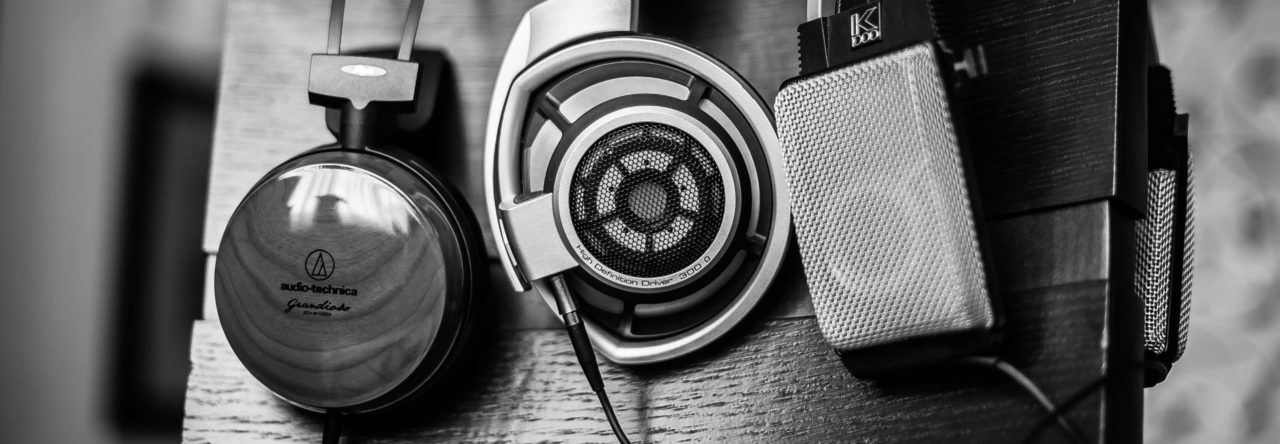
![]()
It seems like Beirut has been around forever. The truth of course is that the fresh-faced Zach Condon only first caught our attention with his first full length “Gulag Orkestar” a mere 5 years ago. His progress since then has been relatively remarkable, cranking out sophmore effort “The Flying Club Cup”, the “Lon Gisland” and “Elephant Gun” EPs in ’07 and the “March of the Zapotec/Holland” EPs in ’09. It may have been four years since his last full length, but that stream of EPs and other random bits have kept Beirut on the tips of our tongues for that gap anyways. Throw in the band’s very Old World/Eastern European sound, and it makes a little more sense as to why these last 5 years have seemed like much longer. The reason why there’s been a bit of a gap between Beirut full lengths likely has to do with Condon’s desire to retain full control over his music. He spent last winter recording new album “The Rip Tide” while simultaneously creating his own record label, Pompeii Records. Now a fully functioning, fully independent machine, the band is prepared for the next chapter of their musical journey.
One of the more notable things about the “March of the Zapotec/Holland” double EP was that it was split between two different Zach Condon projects. Beirut was responsible for the “March of the Zapotec” first half, while Condon’s old solo project Realpeople was credited for the “Holland” half. The difference between the two was not only broken down to full band vs. solo, but sonically the Realpeople material was confined to keyboards, synths and other electronic textures rather than the ukuleles, horns and piano Beirut was known for. Given the way that musical trends are headed these days, with glo-fi, synth-pop and electronica becoming more and more popular, you might think Condon would adapt a bit and incorporate some of those Realpeople textures into his much more traditional and ancient sound. That turns out to not be the case on “The Rip Tide”, the focus instead being on scaling back Beirut’s increasingly dense collection of instruments down to just a few key elements. Just because there’s less variety in terms of instruments being played doesn’t mean the arrangements are any less complicated though. There’s not much on the album that’s outright difficult or so obtuse that it might alienate people that already like the band, but a few moments do play around with traditional song structures and venture into territory they haven’t quite covered before. First single “Santa Fe” does play around with electro textures just a little bit and winds up becoming one of the catchiest and best Beirut songs to date. So it’s a standout not simply because it sticks in your head but also because it daringly betrays the more Eastern European sound the band has been cultivating these last few years. Then you examine a track like “Payne’s Bay”, which is otherwise right in Condon’s wheelhouse sonically, but has no discernible chorus and feels like it effortlessly blends two different “movements” into one. It may not be the easiest track to engage with, but the more time and listens you give it, the more you find it rewarding and fascinating.
Speaking directly of Condon’s vocal performance, he’s almost at the point where he could sing on Autopilot and it’d sound lovely. Already showing off as a prodigy of age 19 when he first arrived to us via “Gulag Orkestar”, with age comes a newfound weariness and a small throttling for somebody with plenty of range to work with. That’s not to say he sounds tired or unexpressive, but rather older, wiser and a little less eager to prove himself (probably because he no longer needs to). Still, opening track “A Candle’s Fire” clears some nice vocal hurdles, and by that same token so does the grandiose closing number “Port of Call”. In between is less so, but what is lost in range is made up for with a looser, more playful air. That comes across in both his singing as well as a few melodies, breaking out of the all-too-familiar “slow waltz” shell and into something more uptempo and generally pleasant. “East Harlem” and “Vagabond” speak nicely to that, while if high drama balladry is what you seek then “Goshen” or “The Peacock” also fit like a warm glove. Transitionally speaking the balance works pretty well, with the quicker bits moving into the slower bits and the mid-tempo stuff filling in the rest of the gaps.
The way “The Rip Tide” parses things out via a mixture of accessible, traditional and experimental melodies certainly makes this the most solid of all of Beirut’s efforts. There’s never a moment where this record just cruises along like a well-worn shoe. Instead, there are consistent surprises and changes from track-to-track that leave you guessing and anticipating what might come next. Add to that the stats of being a 9-track, 33-minute record and the whole thing is over before you know it. It never wears out its welcome because it finishes before having a chance to. Throw in a more Western, pop-friendly influence on occasion as well, and Beirut is more poised than ever to earn some major mainstream attention. Consider it either ironic or carefully planned that such things happen when Condon has reached his most independent, with full control over his music via his own label. Without a bigger push behind this record, it could easily slip between the cracks and become a vastly underrated gem by year’s end. Don’t let that happen. This might not have the same power or display of mastery that a record like “The Flying Club Cup” did, but it is a very promising start to what will hopefully be a great next step for Beirut.
